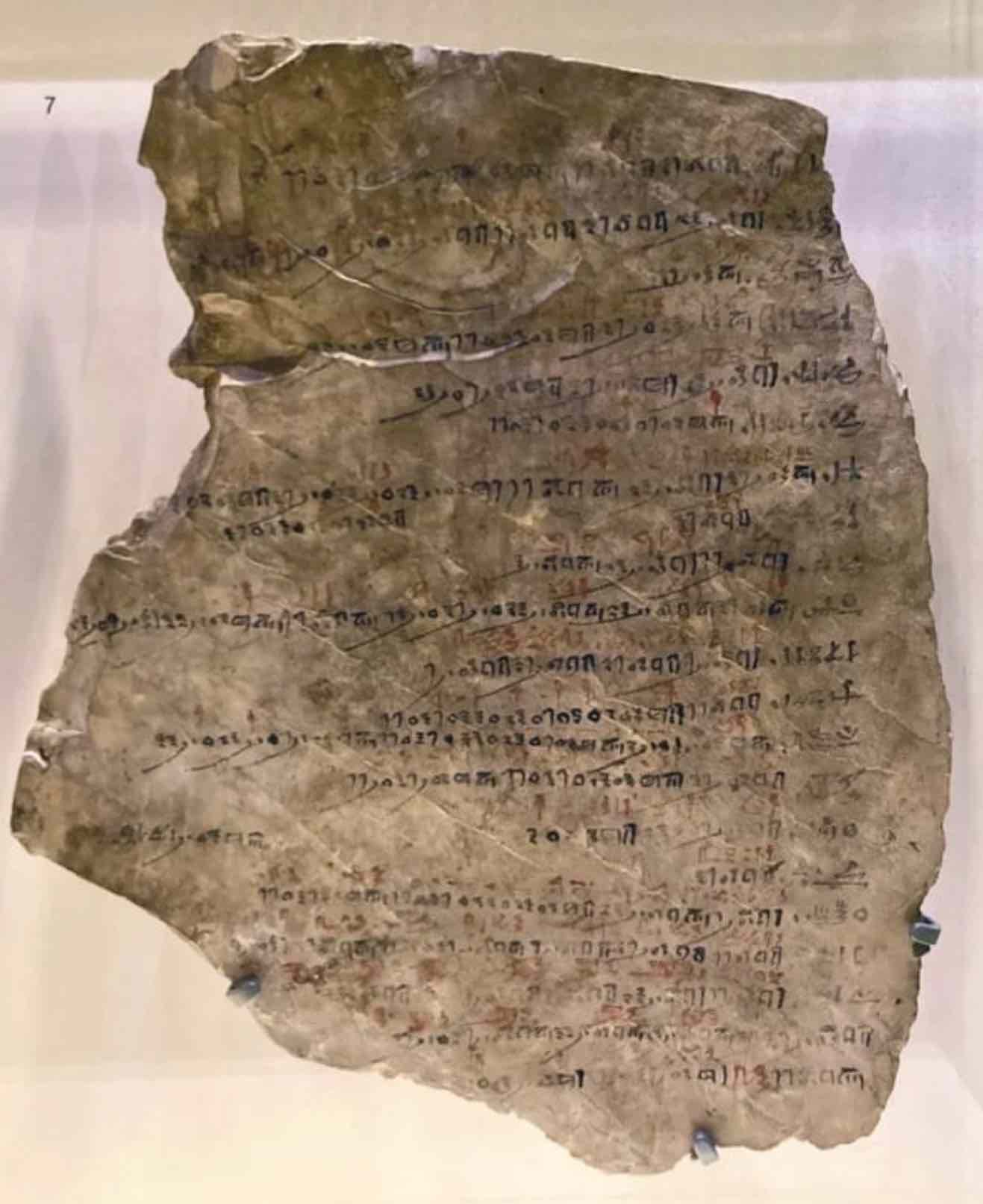“The past is a foreign country; they do things differently there.” So said L.P. Hartley in a 1953 novel The Go-Between (made into a 1971 film with the divine Julie Christie.) Though human nature has remained unchanged since Adam and Eve were evicted from their garden tenancy, human customs change wildly over time. Our ancestors have done things very differently. In the next few postings I’m going to show mindsets that are alien to those of today.
Take, for instance, this image. It’s an ostrakon, a potsherd (or, occasionally as in this case, a piece of limestone) which was used in the ancient world as a surface to write on. Athenians used shards of broken pottery as ballots when voting on whether to exile (thus ostracize) over-ambitious politicians. This example was used in Egypt, c. 1250 BC, as a way to record absences from a work site.

As you might expect, illness is the most frequent reason for not showing up to work but other reasons reveal a world far from our contemporary lives. How many modern Human Resources offices have received the following excuses?
- Embalming his brother
- Fetching stone for the scribe
- Brewing beer
- Wife was menstruating
- Libating his god
- Daughter was menstruating
- Building his house
- Wrapping the corpse of his mother
- Burying the god
- Strengthening the door
- Making remedies for the scribe’s wife
- Libating for his son
- The scorpion bit him
- Fetching stone for Qenherkhepshef